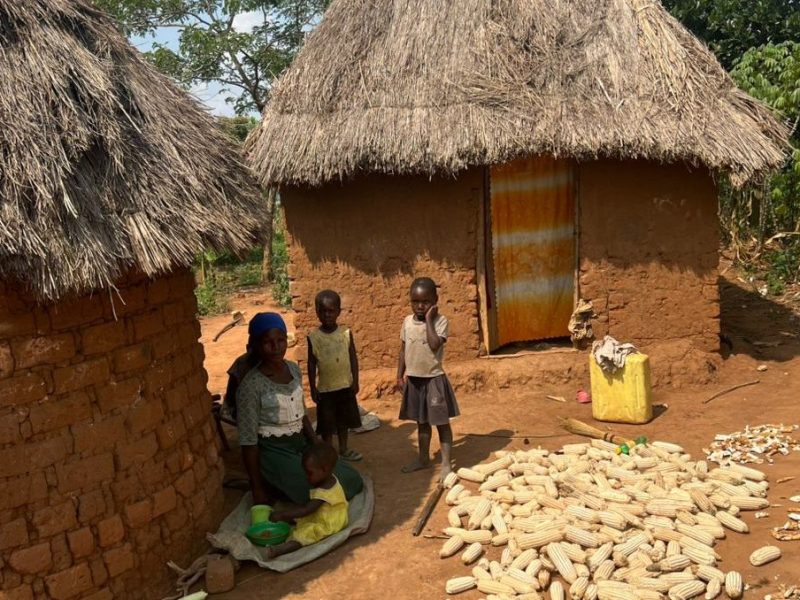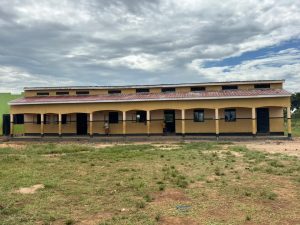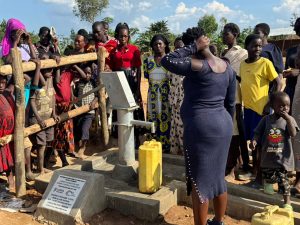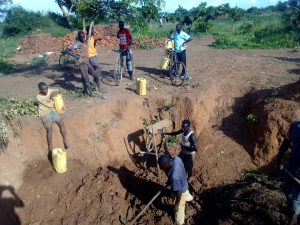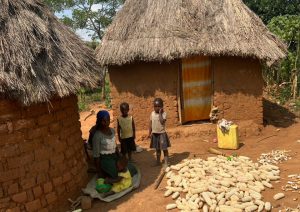Poverty is a persistent and pervasive issue affecting millions of families worldwide, depriving them of basic necessities and opportunities for a better future. In this article, we explore the importance of providing support to poverty-stricken families and discuss actionable ways individuals and communities can make a difference.
Understanding the Impact of Poverty: Poverty takes a profound toll on families, affecting every aspect of their lives, including access to food, shelter, healthcare, education, and economic opportunities. Poverty often perpetuates a cycle of disadvantage, making it difficult for families to break free from its grip and achieve upward mobility.
Addressing Immediate Needs: One of the first steps in helping poverty-stricken families is addressing their immediate needs for food, shelter, and healthcare. Local community organizations, food banks, shelters, and healthcare clinics play a vital role in providing essential services and support to families in crisis. By volunteering time, donating resources, or advocating for policies that address poverty, individuals can help ensure that families have access to the basic necessities they need to survive and thrive.
Empowering Economic Stability: Beyond addressing immediate needs, empowering poverty-stricken families to achieve economic stability is essential for long-term progress. This may involve providing job training, financial literacy education, microloans, or access to affordable housing and childcare. By investing in programs that promote economic empowerment and self-sufficiency, communities can help families break the cycle of poverty and build a more secure future for themselves and their children.
Supporting Education and Skill Development: Education is a powerful tool for breaking the cycle of poverty and creating pathways to opportunity. By supporting educational initiatives such as scholarships, after-school programs, tutoring, and vocational training, individuals and communities can help children and adults acquire the knowledge and skills they need to succeed academically and professionally. Education opens doors to better employment opportunities, higher wages, and improved quality of life for families living in poverty.
Fostering Community Support and Inclusion: Community support and inclusion are essential for helping poverty-stricken families feel connected, valued, and supported. Building strong social networks, providing mentorship and emotional support, and fostering a sense of belonging within the community can help families overcome isolation and build resilience in the face of adversity. By promoting empathy, compassion, and solidarity, communities can create a supportive environment where all families have the opportunity to thrive.
Advocating for Systemic Change: While individual acts of kindness and community support are crucial, addressing the root causes of poverty requires systemic change at the policy level. Advocating for policies that promote economic equity, social justice, affordable housing, healthcare access, and education reform is essential for creating a more equitable society where all families have the opportunity to achieve their full potential. By raising awareness, engaging in advocacy efforts, and holding policymakers accountable, individuals can help create a more just and inclusive world for poverty-stricken families.
Conclusion: Helping poverty-stricken families is not only a moral imperative but also a collective responsibility that requires compassion, commitment, and action from individuals, communities, and governments alike. By addressing immediate needs, empowering economic stability, supporting education and skill development, fostering community support and inclusion, and advocating for systemic change, we can create a brighter future where all families have the opportunity to thrive and prosper.

